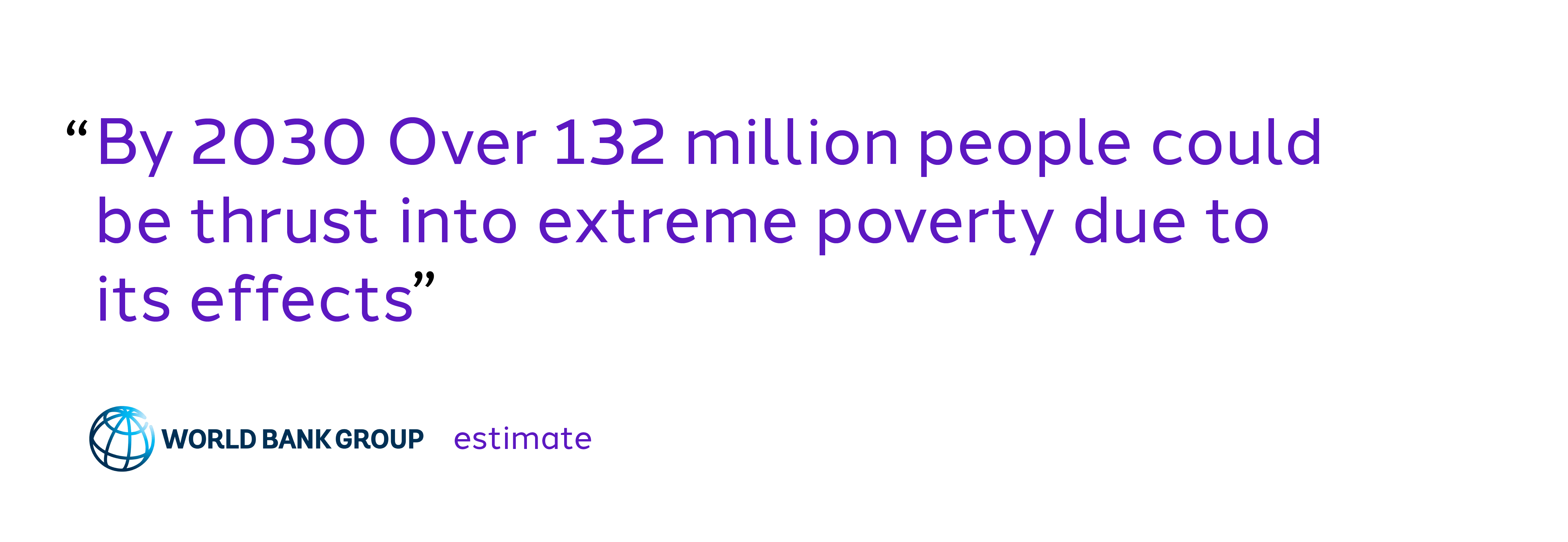The year 2023 has unfolded as a series of unprecedented events for our planet. July 2023 marked the record for the warmest month ever, surpassing the average temperature by 1.5 C. It has been a year of events where ominous statistics underscore the urgent need for decisive action to avert a deepening climate crisis.

The recently concluded COP 28 Climate Conference in Dubai; unveiled a significant mitigation gap, revealing that global emissions are falling short of the agreed-upon goals, and efforts in adapting to climate change will need to be amplified. Society today will need to redefine lifestyles in response to the pressing challenges of climate change.
How do we leave behind a map that is not distorted by warming?
In the Asia-Pacific region, a staggering 89% of consumers expressed readiness to shift away from products or services that are harmful to the environment, while 91% believe that companies can play a pivotal role in positively impacting the environment through their operations and manufacturing processes.

Society globally wants brands to solve real-world problems, be it human rights, hate speech or environmentally polluting products. The purpose of businesses must now focus on the long-term well-being of all people and the planet. At Dentsu, we acknowledge the significant responsibility we bear as marketers. As an industry wielding both a voice and the power to influence, we believe in driving sustainable transformation at business, community, and individual levels.
Education, Awareness and Communication
Within the current landscape of modern living, the spending behaviors of individuals are largely influenced by considerations of convenience and affordability. Even those with a strong environmental consciousness may find it challenging to align their spending choices with sustainability if the eco-friendly options are priced out of reach. This disconnect between consumer intent and actual behavior is what we refer to as the consumer intention-action gap. (To learn more about this and its sister, the organizational intention-action gap, read Marketing a Better Future.)
The fundamental systemic change lies in prioritizing education, awareness, and communication. While setting ambitious sustainability goals is crucial, brands must go beyond that by tailoring their sustainability messaging to be personal and relevant to local contexts. Whether addressing the consequences of climate change and flooding in Jakarta, deforestation in Borneo, plastic pollution in Manila or celebrating the diversity of people across Asia, marketers wield the ability to reshape brand narratives. By connecting people with the planet, we can drive sustainable consumption habits and make a substantial impact on global sustainability issues.
Transformation through innovation
Innovation, which resonates throughout the 17 United Nations Sustainable Development Goals (UNSDGs), is a cornerstone of today’s human economy and has the potential to address global sustainability challenges when directed towards positive impact.
In 2023, dentsu’s focus has centred on “innovating” consumption and lifestyle patterns, leveraging behavioral science to shape consumer spending habits. Our award-winning work has reached over 200 million people, combating food waste in the United States, saving lives on flooded streets in India, highlighting colonial injustice in the UK, devising novel therapeutic approaches for autism in Hong Kong and bringing education to hard-to-reach communities in India.

As we persist in our commitment in the new year, dentsu is expanding its sustainable business solutions to bring about novel avenues for sustainable value creation for both businesses and society. From pioneering product-level innovations like our carbon media calculators, to cultivating a profound, deep-tech ecosystem focused on real world, tangible sustainable solutions, we are empowering businesses and society to unite in tackling the challenges of the climate crisis.
Embrace diversity and inclusivity in net-zero ambitions.
Climate change transcends being merely an environmental crisis; it manifests as a social crisis with the potential to impact vulnerable communities and regions disproportionately. By 2030, the World Bank estimates over 132 million people could be thrust into extreme poverty due to its effects.

COP 28 marked a pivotal moment, welcoming global pledges to contribute to and operationalize the loss and damage fund for climate change. This groundbreaking fund is poised to aid the world’s poorest and most vulnerable nations in rebuilding and rehabilitating in the face of irreversible impacts from climate disasters.
As we navigate the Asia Pacific century, characterized by robust economic and population growth, the region is slated to contribute 39% of global greenhouse gas emissions and account for 60% of the world’s coal consumption within the decade. Alongside this socioeconomic expansion, the Asia Pacific region is also expected to bear the brunts of the catastrophic impacts of climate change.
In the collective pursuit of achieving net-zero emissions, it is imperative that no social group or community is left behind. The Just Transition pathway emerges as a crucial framework, embodying a commitment to human rights, fostering sustainable employment, and cultivating resilient communities. At dentsu, we recognize that embracing principles of a Just Transition not only aligns with our core value of Sanpo Yoshi (“three-way good: good for society, good for business and good for clients) but also translates into commercial resilience for our partners and clients.
Such resilience not only keeps investors and customers loyal but also fosters trust during times of uncertainty. Most critically, being hyper-prepared for these scenarios puts businesses in a position to thrive through the uncertainty and emerge winning.
History will judge us by what we do or do not do in this moment
The urgency of the climate crisis is no longer a casual dinner conversation but a complex compound noun that demands immediate attention. Organizations have stepped up in their climate action goals and must diligently see them through without neglect or delay. Our every big or small action contributes to the larger goal in advancing a sustainable planet. The best time to plant a tree was 30 years ago, yes, but be reminded that the second-best time is now.
Contact us
Leave us your details and a member of our team will get back to you as soon as possible.
Thank you!
Your details were submitted successfully.
There was a problem!
It seems there was an error submitting your details. Please try again later.
